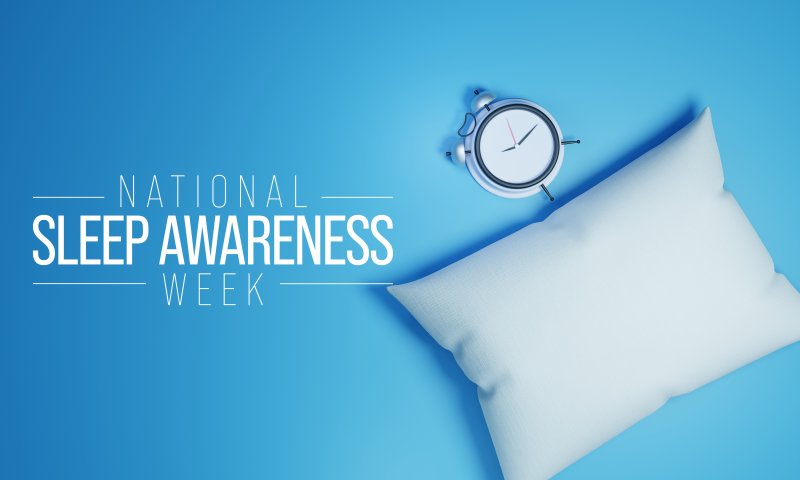
National Sleep Awareness Week started back in 1998 in the hope of educating people on the significance of maintaining a good and healthy sleep cycle. However, while you might know the importance of getting enough rest to improve your overall well-being, it can be difficult to do this if you’re dealing with an issue like sleep apnea. Keep reading to learn how this disorder can start and what you can do to improve your situation for greater rest.
What is Sleep Apnea?
Sleep apnea is a sleeping disorder that causes a person to experience pauses in breathing during rest. Not only can this disrupt your ability to breathe properly, but the interruptions can also cause you to feel significantly less rested after waking up, which can lead to a slew of issues with your circadian rhythm and quality of life. This disorder is also classified as either obstructive or central sleep apnea—the former involving a blocked airway while the latter regards the brain failing to make your breathing muscles work properly.
What Are the Indications of Sleep Apnea?
One of the classic signs that someone has sleep apnea is loud, excessive, or heavy snoring. That said, other indications for this disorder include:
- Chronic exhaustion or sleepiness throughout the day or even after waking up
- Increased irritability, moodiness, or trouble concentrating
- Repeatedly choking or gasping for air in the night
- Worn down teeth or sore jaws due to chronic teeth grinding/clenching
What Can You Do About It?
Being able to get a sufficient amount of rest is incredibly important, as it can help you reduce stress, maintain a healthy heart, and improve your ability to heal. That’s why, if you’re having issues with sleep apnea, you’ll want to implement certain measures to address your breathing interruptions at night. Other than losing weight and performing mouth/throat exercises to shred excess fat tissue surrounding your airways, you’ll want to consider utilizing a continuous positive airway pressure (CPAP) machine, a custom oral appliance, or both!
Of course, you’ll want to consult a sleep expert so they can recommend you to a professional for a sleep test to determine if you have this disorder and which treatment method would be best for you. Once you’re able to address your symptoms, you’ll be one step closer to feeling more rested in the long run.
About the Author
Dr. Sara Saba has been providing reliable and personalized dental care for close to a decade. She’s also an expert on TMJ and disorders like sleep apnea, which she can offer treatments like oral appliance therapy to help alleviate. If you’d like to know more about this condition and how you can improve your rest, don’t hesitate to visit our website or schedule an appointment with us by calling 301-460-3331.
